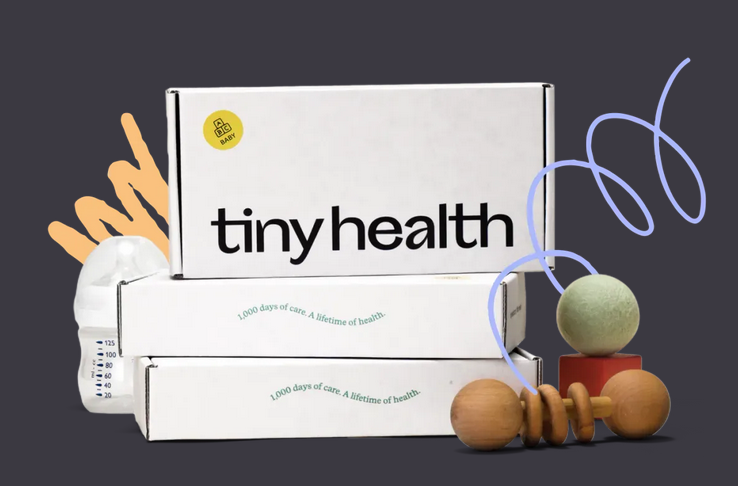
Gut health test solutions 2024: As a baby grows, their gut matures and gets more diverse. As a result, their immune system gets a little more skilled at identifying friend versus foe. We see the first major leap in gut diversity when baby begins eating solid food. As a toddler, the gut shifts towards a more diverse and adult-like microbiome. This stabilizes gradually, at between 3 and 5 years old. If you’re beyond the first 1,000 days, don’t fret. A gut health test at any age can help detect imbalances and steer us in the right direction. It is still possible to make changes and improve lifelong health! Shop our gut health tests to get started. Find many more info at gut biome testing. Learn the best ways to support the gut – Get the tests, tools, and insights you need to improve wellness over time.
Let’s dive into the science of infant cognitive development and what role gut microbes may play in this. The first 2 years of life: a critical period for brain development – The first two years of your little one’s life is an exciting period full of incredible growth and development. During this time, your baby learns and achieves many new milestones: from rolling over to sitting up, and eventually taking their first steps. Not only will they be developing their physical abilities but also their cognitive, emotional, and social skills. Your baby’s brain is growing and changing rapidly during the first two years of life: Total brain volume increases by 101% in the first year of life and reaches 80-90% of adult volume by age 2. Many new connections between neurons are being formed. An area of the brain called white matter is being covered by myelin, a fatty substance that makes it easy for the brain to transmit information between neurons and to other parts of the body.
At any age, the microbiome can become unbalanced. This may trigger inflammatory symptoms in our bodies. This can weaken the gut lining, cause leakiness or inflammation, and trigger the immune system. It is important to address these imbalances. Better gut health is possible at any age. Tending to your gut health is beneficial for overall health and wellness. But your gut may not be the only factor contributing to inflammatory conditions. Many families have successfully reduced or eliminated symptoms by testing and taking action. When you use Tiny Health tests, you can rest assured that a team of gut health specialists are here to support your health journey.
My child is struggling with eczema. What can a gut microbiome test tell me? Eczema, though a skin condition, can be influenced by what’s happening in the gut. It’s all part of the ‘gut-skin axis,’ where the gut microbiome, gut barrier, and immune cells chat back and forth. Essentially, what happens in your child’s gut may affect how their skin reacts to pesky microbes and environmental triggers. Gut microbiome testing offers a glimpse into the microbial community residing in your little one’s gut. While every gut microbiome is unique, in a healthy gut we want to see some bacteria at high levels, and others at low levels or even absent. We also know that depending on your little one’s age, we want to see a certain degree of microbiome maturation. If your child’s gut bacteria are out of sync, it could throw their skin health off balance. Equipped with this knowledge, you can steer your child toward better overall health and hopefully eczema relief.
You receive a comprehensive list of all microbes found in your sample. We categorize them as beneficial, unfriendly, variable, or unknown and provide detailed descriptions of each microbe. You can see how much of each microbe is present, down to a 0.05% abundance level. (No other baby gut test does this!) This section of the report identifies if you have microbiome signatures for certain conditions. These markers could predict an increased risk of developing that condition. We provide personal, evidence-based suggestions based on your test results and survey responses. Our suggestions may include actual products and brands that we recommend. You’ll also receive useful diet, supplement, and lifestyle tips. Read many more information at https://www.tinyhealth.com/.




